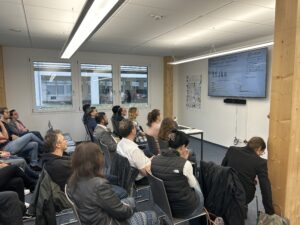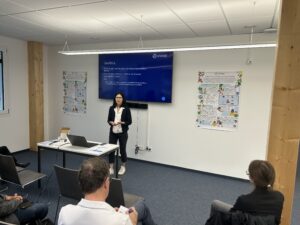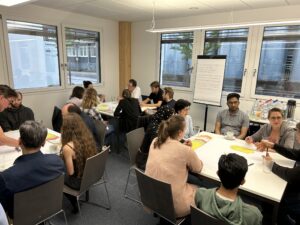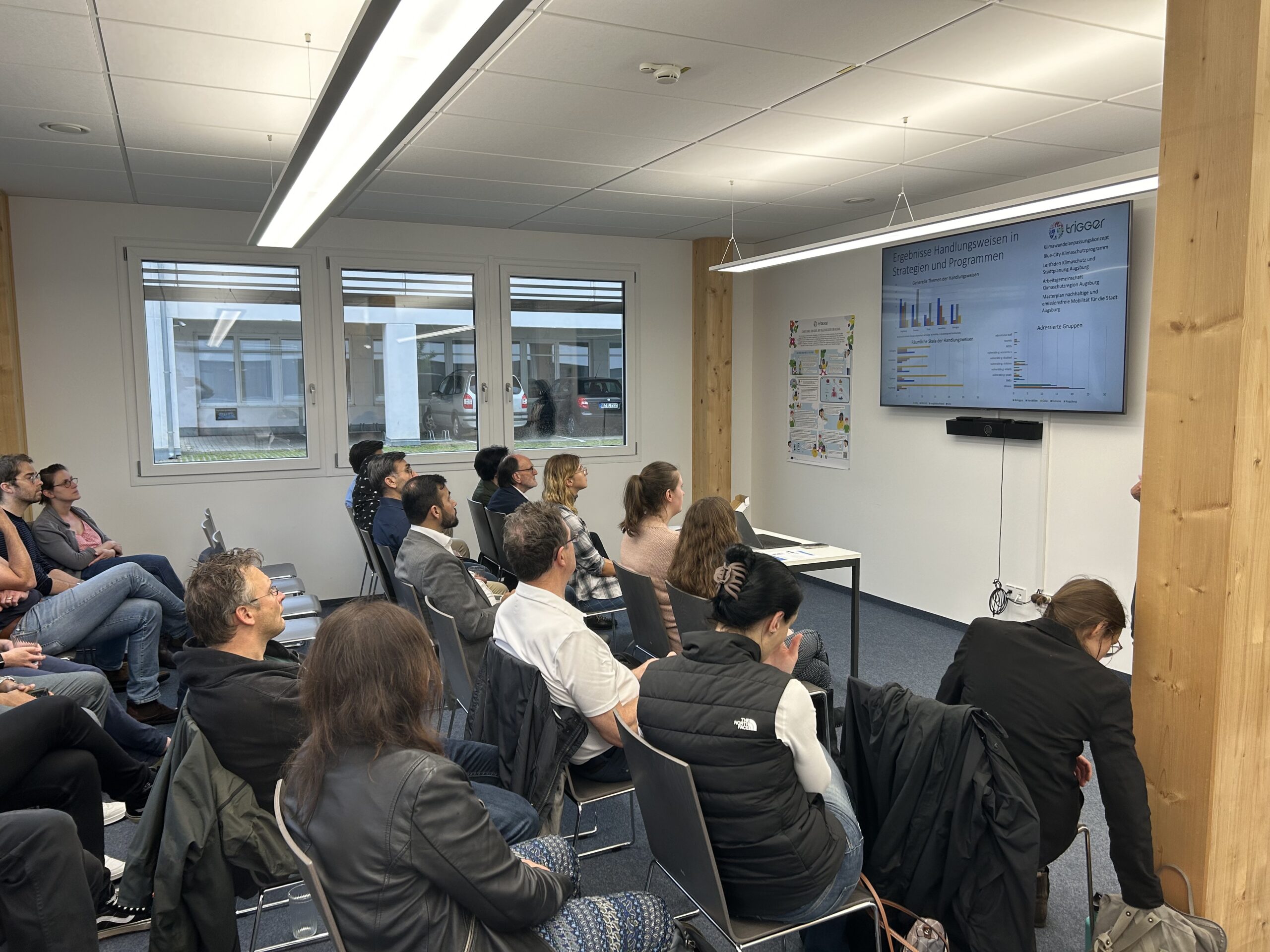There is growing evidence that various climate stressors negatively affect our health in numerous ways. Political decisions, policies at local and regional levels, and practices in both the climate and health sectors shape these impacts.
Given these multiple interactions, engaging different segments of society in discussing solutions and strategies that can ensure health benefits even as the planet warms is essential. Under this task, on July 3rd, the first stakeholder meeting on the EU TRIGGER Project was held in Augsburg.

TRIGGER’s first stakeholder meeting
The importance of local participation
TRIGGER (SoluTions foR mItiGatinG climate-induced hEalth thReats) is an EU-funded initiative that aims to provide scientific evidence for adapting climate and health policies at the European and individual levels. This project is being implemented by 22 organizations across 15 EU countries, encompassing fields such as health, climate, socioeconomics, and urban planning. The University of Augsburg (UNIA) and the University Hospital Augsburg (UKA) are official partners in this project for its implementation in Augsburg.

Prof. Elke Hertig presenting TRIGGER Project
The meeting, organized and hosted by Prof. Elke Hertig’s research group, was attended by authorities from the City of Augsburg, climate and health researchers, ordinary citizens, hospital and family doctors, industry representatives, youth and immigrant groups, social media influencers, and NGOs.
Prof. Elke presented the project and shared key findings from our research on how different climate exposures, such as heat waves, pollen, floods, and air pollution, affect health.
Collaborative approaches
TRIGGER promotes united work among different stakeholders, which is why a brainstorming session was held where attendees, divided into three groups, reflected on three themes:
1) how climate change affects health in Augsburg, 2) what can be done to reduce climate-related health risks in Augsburg, and 3) how stakeholders can work together to achieve good health despite a changing climate. The brainstorming session, moderated by Prof. Elke and Dr. Saleem, resulted in the following key points:
- There was consensus among all groups that climate change is a health risk in Augsburg and that cooperation and collaboration among different stakeholders are necessary to provide practical solutions.
- Raising awareness and engaging communities in citizen science initiatives were also highlighted as beneficial.
- Dr. Saleem’s idea to develop digital games related to climate and health to engage and educate young people was well received.
- Co-development and frequent engagement among stakeholders can facilitate the adoption of best management practices in the climate-health domain.

Brainstorming session

Results from the brainstorming session
The collaborative efforts and diverse perspectives brought together at the stakeholder meeting underscore the importance of unified action in addressing climate-related health challenges. By fostering continuous dialogue and innovative solutions, such as community engagement and educational tools, we can effectively mitigate health risks and promote a healthier future despite the changing climate.

